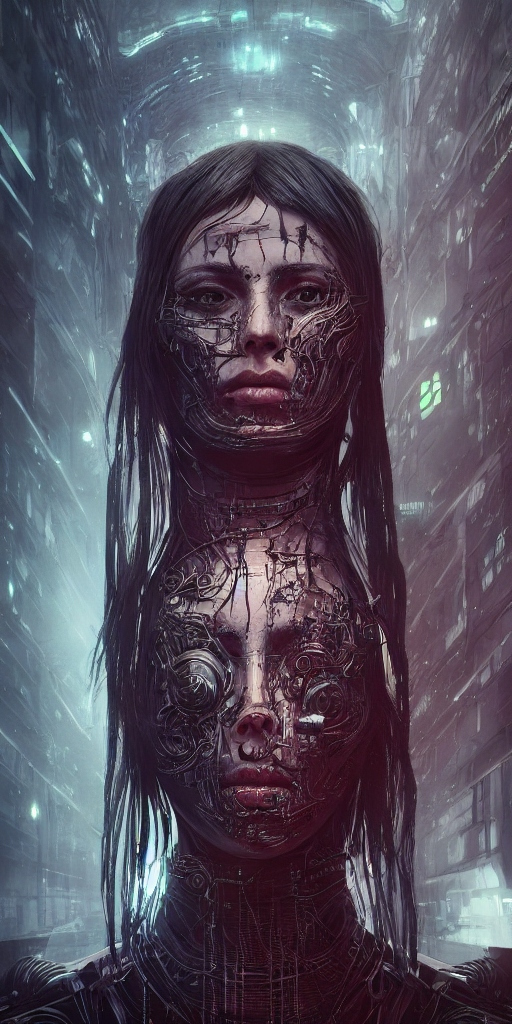
AI in Game Development (AI generated image)
Artificial Intelligence has been making rapid advances in recent years and the gaming industry is one that is poised to benefit greatly from AI technologies.
With the recent explosion of AI technologies across industries, game developers have a lot to be excited about. The video game industry is one of the largest entertainment industries in the world, with a predicted revenue of $179.6 billion in 2020. Additionally, the development of games has grown increasingly complex and costly. As a result, game developers are looking for ways to reduce cost and complexity in the development process. AI presents an opportunity to revolutionize the gaming industry by automating tasks, providing intelligent feedback, and enabling new gameplay experiences. In this blog, we explore the various ways that AI is being applied to game development and discuss the future of AI in gaming.
There are several ways AI can enhance and transform gaming:
- AI-Generated Content – AI systems can be trained on a large amount of data such as images, videos, text, etc. to learn how to generate similar content. This approach can be applied to gaming to generate levels, quests, characters, and more. For example, an AI system can study thousands of Mario levels and learn how to generate its own unique yet playable levels. This could exponentially increase the amount of content in a game and keep it fresh for players. Some startups are already working on AI-powered content creation tools for game designers.
For example, researchers at Ubisoft developed an algorithm that can learn the rules of a game and then generate new levels that are playable and fun. This has the potential to significantly reduce the cost and time required to develop new games. Additionally, AI can be used to improve the gameplay experience by providing intelligent feedback to players. For example, AI can be used to dynamically adjust the difficulty of a game based on a player’s performance. This can help to keep players engaged and challenged, without making the game too difficult or frustrating.
- Personalized Experiences – AI can track how individual players play a game, their behaviors, preferences, and skill level. The data from many players can be used to personalize the game experience for each player. The game can tailor the difficulty level, types of quests, character attributes, and other elements to match each player’s unique style, abilities, and even emotions. Personalization can make a game more engaging, impactful, and appealing to players.
- NLP can be used to process and understand player dialogue, which can then be used to drive the game‘s narrative. Additionally, NLP can be used to enable players to interact with the game using their voice. For example, players could give commands to NPCs or issue orders to their troops using voice commands. This can make gameplay more intuitive and immersive, allowing players to feel more connected to the game world.
- Enhanced Graphics – AI is being applied to generate synthetic yet realistic images, videos, and even virtual characters. In gaming, AI can be used to enhance graphics and generate more visually stunning scenes and characters. For example, an AI system can add more details to a scene or character to make it look more photo-realistic. This can reduce the workload on human artists and graphics designers. As AI graphics continue to improve, it may eventually be possible to generate entire game worlds and characters with AI.
AI has the potential to revolutionize the gaming industry by automating tasks, providing intelligent feedback, and enabling new gameplay experiences. It can reduce the cost and complexity of game development, improve the gameplay experience, and enable more immersive and interactive gameplay. However, it is important to note that the adoption of AI in game development is still in its early stages. There are still many challenges and limitations to be addressed before we see widespread adoption of AI in games. Additionally, it is important to ensure that AI is used in a way that enhances the gameplay experience and does not introduce unfair advantages or disadvantages to players. With careful consideration and planning, AI has the potential to bring significant benefits to the gaming industry. It will be exciting to see how the use of AI in game development evolves in the coming years.The gaming industry is one of the most lucrative industries in the world. In fact, it is expected to be worth over $180 billion by 2021. With that kind of money on the line, it‘s no surprise that game developers are always looking for ways to make their games more appealing to players. One way they are doing this is by using artificial intelligence (AI) to generate more entertaining games. AI has been used in gaming for a while now.
There are significant opportunities to utilize AI to push the boundaries of gaming and create more immersive and compelling experiences for players. While AI will not replace human game designers, artists, and developers, it can augment human creativity and productivity. The future of gaming will likely involve collaboration between AI systems and human designers to generate innovative and highly engaging games.



Leave A Comment
You must be logged in to post a comment.